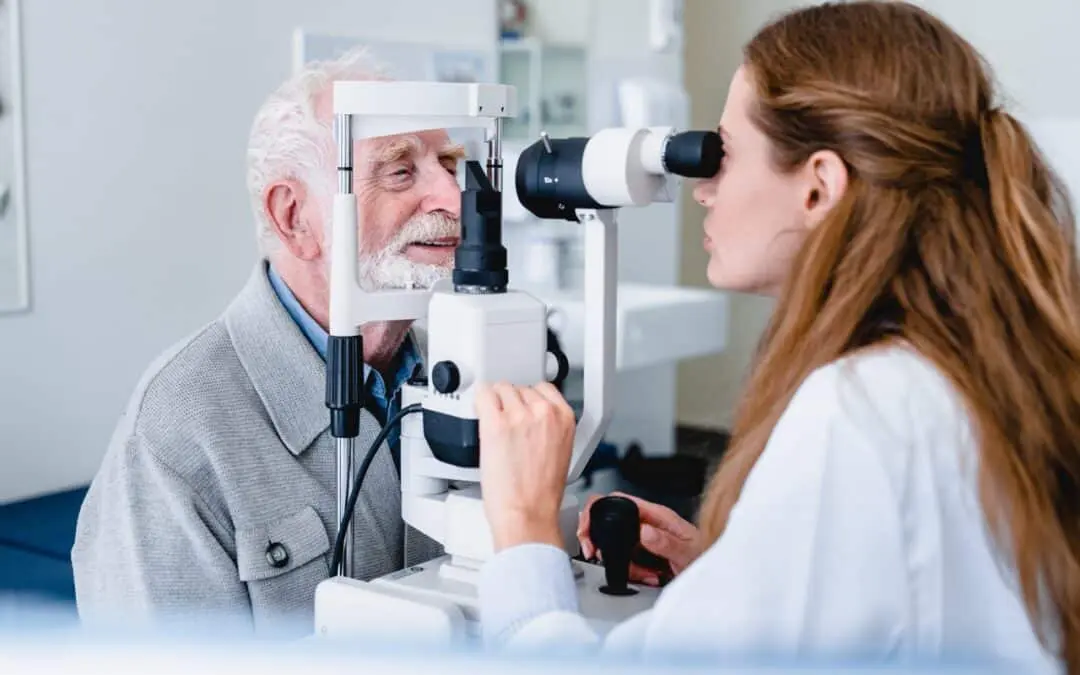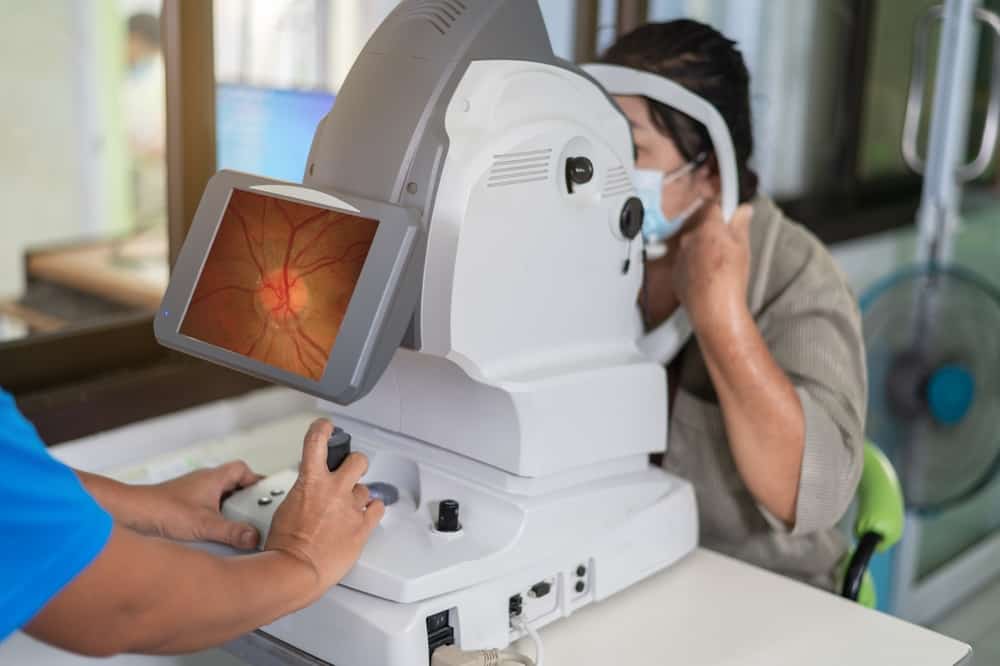All Categories
Featured

Handling chronic eye conditions can be a tough trip, but with the appropriate approach, individuals can keep a premium quality of life and maintain their vision. Persistent eye conditions such as glaucoma, macular deterioration, diabetic person retinopathy, and completely dry eye condition typically require long-lasting monitoring and constant care. The key to properly managing these problems lies in a combination of specialist treatment, way of life changes, and normal monitoring.
- Routine Eye Tests
Regular eye exams with an optometrist or eye doctor are vital for keeping track of the progression of persistent eye problems. People need to adhere to the timetable recommended by their eye treatment professionals, as regular check-ups can help capture any kind of issues prior to they intensify.
- Sticking to Prescribed Treatments
Several chronic eye conditions are manageable with drug, way of life changes, or a mix of both. Eye drops are commonly suggested to treat glaucoma, while anti-VEGF injections may be advised for macular degeneration. It's vital for people to follow their doctor's guidelines regarding the dosage and regularity of these therapies. Quiting or skipping dosages treatment prematurely can lead to a wear and tear in the condition. Additionally, any kind of adjustments in signs and symptoms need to be reported to the medical care service provider promptly, as adjustments to the treatment plan may be essential.
- Diet and Nutrition
Correct nutrition plays a vital function in maintaining eye wellness. Consulting with a nutritional expert can aid patients tailor their diet to sustain eye wellness while managing various other facets of their condition, such as blood sugar degrees for diabetic clients.
- Protecting the Eyes

Clients handling chronic eye problems need to take actions to safeguard their eyes from more strain or damage. Putting on sunglasses that block UV rays can aid safeguard the eyes from dangerous sunlight, which can aggravate conditions like cataracts or macular degeneration. Additionally, staying clear of smoking is vital, as it can increase the danger of a number of eye conditions, including macular deterioration.
- Monitoring Signs And Symptoms at Home
Keeping an eye on signs and symptoms is one more vital facet of managing persistent eye problems. Patients should understand any type of adjustments in their vision, such as blurriness, abrupt vision loss, or raised level of sensitivity to light, and report these modifications to their physician. Making use of devices like an eye chart at home or monitoring visual disturbances can assist clients remain positive in their treatment.
- Support and Education
Dealing with a persistent eye problem can be mentally and mentally straining. Assistance from family members, good friends, or support system can make a significant difference in handling the problem. Many clients likewise gain from instructional resources that aid them recognize their diagnosis and therapy options. Expertise is power, and the more clients understand about their problem, the better furnished they are to handle it successfully.
In verdict, managing chronic eye conditions entails an alternative method that includes routine eye examinations, adherence to prescribed therapies, maintaining a healthy and balanced diet regimen, and securing the eyes from extra damages. With the appropriate treatment and support, people can successfully manage their eye health and preserve their vision for many years to find.
Reliable Approaches for Taking Care Of Persistent Eye Conditions: A Patient's Guide

Persistent eye problems such as glaucoma, cataracts, macular deterioration, and diabetic retinopathy can dramatically affect a person's high quality of life. However, with an aggressive approach and the appropriate sources, individuals can organize their eye health and wellness and prevent additional problems. This guide uses useful techniques for efficiently handling persistent eye problems.
- Early Diagnosis and Regular Tracking
Among one of the most essential actions in handling a chronic eye problem is very early medical diagnosis. By catching eye illness in the onset, clients have a greater opportunity of decreasing their development. Normal eye tests are vital, also for those that don't experience obvious signs. As an example, glaucoma can advance without recognizable signs and symptoms up until considerable damages has occurred. Normal examinations allow doctors to track changes and adjust therapy strategies as necessary, stopping long-lasting damages.
- Drug Monitoring
Several chronic eye conditions can be controlled or supported via making use of prescription medications. Eye goes down for glaucoma, for instance, help in reducing intraocular pressure and prevent optic nerve damages. For diabetic retinopathy, regulating blood glucose levels with medication and way of life adjustments is vital. Following recommended treatments and never skipping dosages is vital for handling the condition efficiently. Clients ought to always connect with their medical care service provider if they experience any type of adverse effects or challenges in handling their drug regimen.
- Way Of Living Changes
A healthy and balanced lifestyle is vital for handling persistent eye conditions. Normal workout, a well-balanced diet regimen, and sufficient sleep add to overall wellness and can have a positive result on eye health. Individuals with diabetes mellitus must focus on preserving stable blood sugar degrees to protect against diabetic retinopathy. Furthermore, incorporating nutrient-rich foods such as leafy eco-friendlies, fish, and citrus fruits into the diet regimen can provide the essential vitamins and minerals to sustain healthy vision. Avoiding cigarette smoking and extreme alcohol intake can likewise decrease the threat of intensifying problems like macular deterioration.
- Shielding the Eyes from External Aspects
Environmental aspects such as dust, sunshine, and wind can get worse signs and symptoms of particular eye conditions. Using protective sunglasses with UV filters can secure the eyes from unsafe rays that contribute to cataracts or macular deterioration. Furthermore, using fabricated rips or lubricating eye declines can assist take care of the symptoms of dry eye disease, which is usual amongst individuals with chronic eye problems.
- Psychological and Mental Health And Wellness Assistance
Coping with a chronic condition can be difficult, and dealing with adjustments in vision can cause sensations of irritation or depression. Looking for emotional assistance from buddies, family, or also support system is an integral part of taking care of chronic eye problems. Several people also find it helpful to chat with therapists or psychological health specialists to create coping methods for handling the emotional effect of their condition.
- Making Use Of Innovation
Innovations in innovation have actually supplied numerous tools to help individuals take care of chronic eye problems. Applications that track vision adjustments, assistive devices for analysis or wheelchair, and reduced vision help can all improve life. As an example, text-to-speech gadgets and electronic magnifiers are beneficial for patients with macular degeneration. By welcoming offered innovations, patients can preserve freedom and ease everyday activities.
In summary, taking care of chronic eye problems involves a mix of very early detection, reliable therapy, way of living modifications, and emotional support. By remaining watchful regarding eye wellness and making thoughtful decisions, clients can remain to appreciate life with marginal disruption from their problem. Regular interaction with healthcare suppliers and a commitment to self-care are the foundation of reliable monitoring.
Latest Posts
Why Consistent Car Maintenance at Montclare Auto Repair Saves You Money
Published en
1 min read
Smooth Light Weight Aluminum Gutters: The Smart Option for Your Home
Published en
1 min read
Explore Top Car Repair Solutions at Montclare Auto Repair – Drive with Confidence
Published en
1 min read
More
Latest Posts
Why Consistent Car Maintenance at Montclare Auto Repair Saves You Money
Published Jun 01, 25
1 min read
Smooth Light Weight Aluminum Gutters: The Smart Option for Your Home
Published May 27, 25
1 min read
Explore Top Car Repair Solutions at Montclare Auto Repair – Drive with Confidence
Published May 27, 25
1 min read